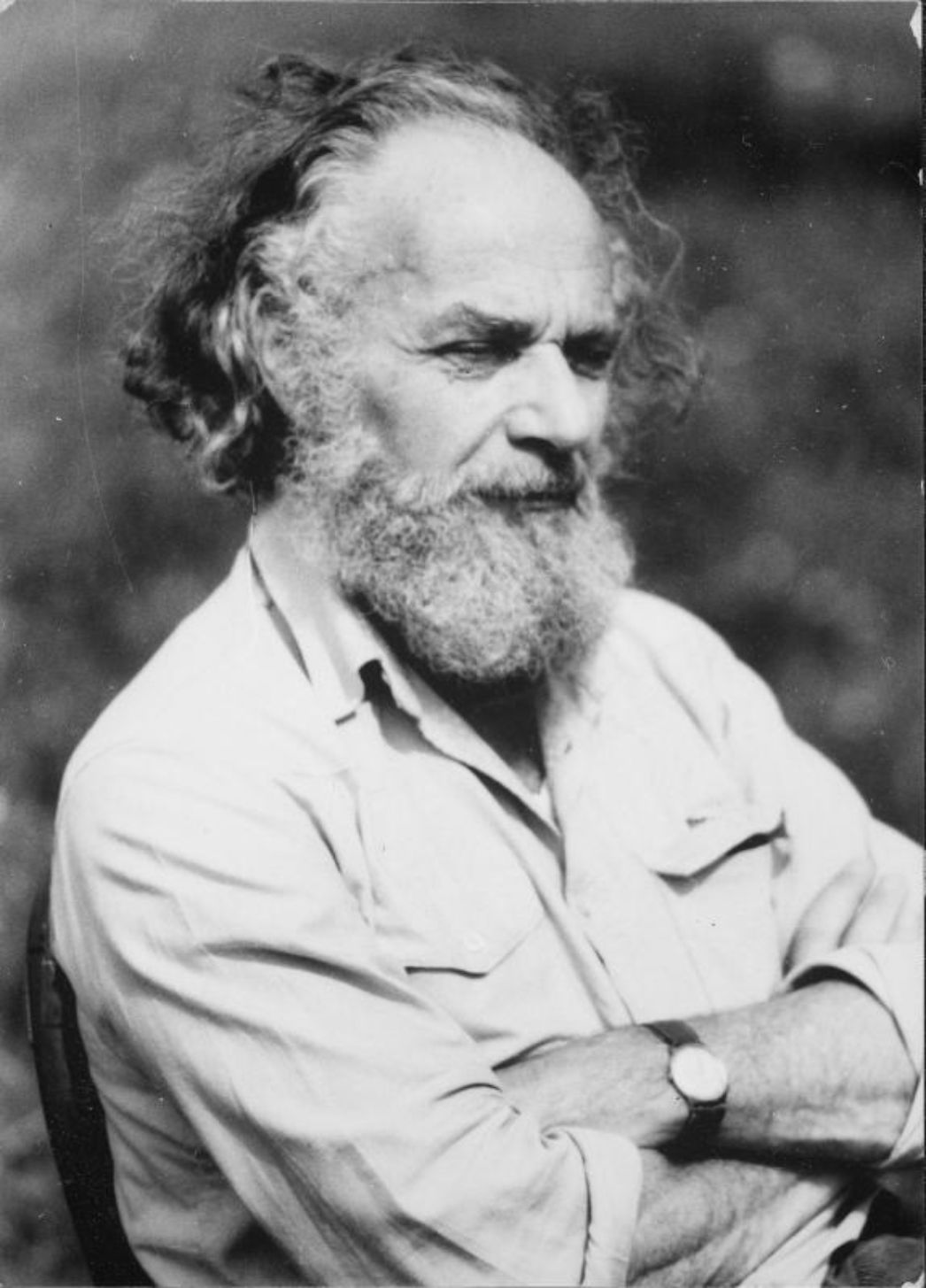
Fred Wander was born to a Jewish family of cattle dealers and craftsmen in Vienna on 5 January 1917. His birth name was Fritz Rosenblatt. After eight years at school, he lived in various European countries as a casual labourer. In May 1938 he fled from the National Socialists to France.
On 7 September 1939 Rosenblatt was interned in France. In August 1942 he managed to escape to Switzerland but was extradited by the Swiss authorities to the Vichy government, and then deported from Drancy to Auschwitz. Classified there as fit for work, he passed through more than twenty German concentration camps. On 7 March 1945 he was transferred from Gross-Rosen to Buchenwald and worked in the
After the liberation of Buchenwald, Rosenblatt returned to Austria in the summer of 1945 and worked as a graphic artist, photographer and journalist in Vienna. In 1947 he joined the Austrian Communist Party KPÖ. From 1950 on he used the name Fred Wander (in allusion to his life of wandering). In 1955 he took part in the first course of studies of the Johannes R. Becher Institute for Literature in Leipzig with, among others, Erich Loest and Ralph Giordano. In 1958 he moved to the GDR with his wife Maxie. They lived in Kleinmachnow near Berlin. Fred Wander wrote novels, stories, children's books and, in collaboration with Maxie Wander, travel reports.
On 6 May 1968 their daughter Kitty was killed in an accident while playing. In the same year he began writing a story about persecution under the National Socialists and his concentration camp experiences. It appeared in 1971 under the title Der siebte Brunnen ("The Seventh Well"). In 1972 Fred Wander was awarded the Heinrich Mann Prize of the Academy of Arts of the GDR. Ein Zimmer in Paris was published in 1976. Maxie Wander died of cancer on 21 November 1977. In 1980 Fred Wander published a selection of her letters and diaries under the title Leben wär' eine prima Alternative ("Life Would Be a Great Alternative"). In 1983 he moved to Vienna. He published Hotel Baalbek in 1991, and his autobiography Das gute Leben ("The Good Life") in 1996.
Fred Wander died in Vienna on 10 July 2006.


